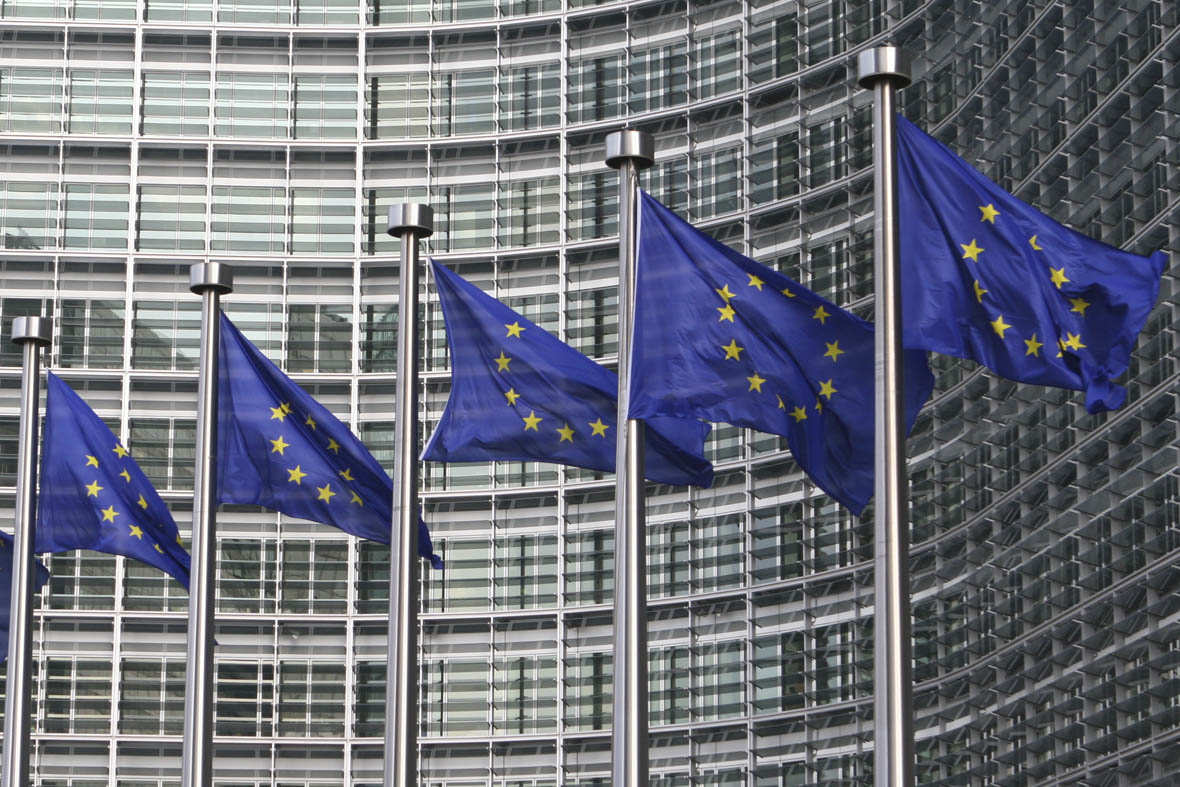On June 23, the UK voted to end its strained relationship with the United States of Europe - the European Union. Markets around the world became volatile after what has been commonly referred to as "Brexit," as the pound sterling fell to its lowest level in three decades and the FTSE 250 ended this week with a heavy loss. But this market turmoil is only temporary.
The uncertainty surrounding the economic effect of Brexit and about what Parliament will do in the coming months has created this uneasiness. As Reason's Peter Suderman wrote:
Many argue that this brief economic volatility is reason enough for residents of the UK to have voted "Remain." After all, Prime Minister David Cameron, who announced he was stepping down after the vote's results, proposed reforming the UK's relationship with the EU to avoid the "ever closer union" and the financial responsibility associated with bailing out the Eurozone. In retrospect, this was a doomed attempt to avoid both EU responsibilities and the headache of leaving the union. In the end, Cameron wanted to have it both ways, but the people realized that they could not.
Conservatives are not the only ones who wished for separation. Charles Cooke at National Review points out:
The Brexit vote was not a fluke. Voter turnout was incredibly high at 72.2 percent, approximately 3 million more people than the 2015 election. After such great voter participation and strong support for the "Leave" campaign, it is clear that the EU's top-down regulations and immigration policies aren't wanted by the British.
These policies also bother residents of other EU countries. As my Manhattan Institute colleague Diana Furchtgott-Roth explained for Reaction:
The UK made a bold move this week in saying goodbye to the European Union. It should be bolder and add "good riddance." As the UK works to further establish itself on the international stage, markets will calm down and investment will continue to flow into the country.
This piece originally appeared on EpicTimes
______________________
Jared Meyer is a fellow at the Manhattan Institute's Economics21. Follow him on Twitter here.
This piece originally appeared in Epic Times
